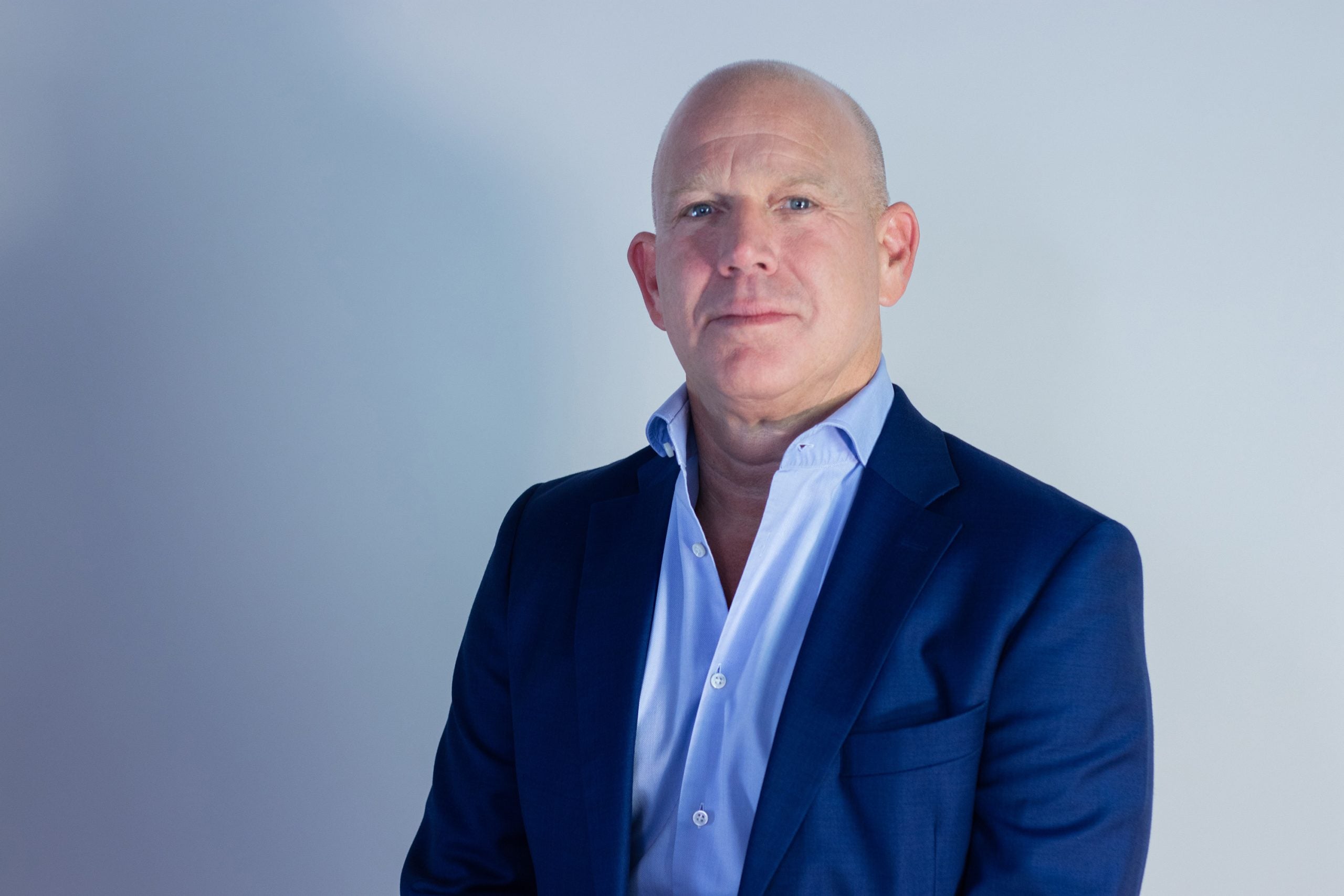
Amongst a consistently gloomy economic backdrop, the UK’s tech sector is a hub of dynamism, talent and innovation. It is built on strong foundations which have powered this success: leading universities churn out top talent and, until recently, a thriving funding community together with government incentives has greased the gears of the startup ecosystem.
But a crack has been opening up in the floor beams – one that threatens UK tech’s position as a global leader. Past the earliest stages of funding, much of the growth capital that turns university spin-outs and talent into multinational scaleups comes from abroad. And it’s these investors around the world who will benefit from UK companies’ successes.
UK founders’ dilemma
This presents the UK’s founders with a dilemma. They naturally want to raise capital within the UK. They know the investment landscape, and have the contacts to get to the right tables. But the scale just isn’t there and they’re forced to look across the Atlantic.
Whilst this will be good for those startups who do manage to pry open US coffers, many UK founders could flounder as they struggle to connect with American investors. This risks a slow drain of UK tech’s investment, innovation and talent.
Encouragingly the problem appears to be on Rachel Reeves’ radar. She has signalled Labour’s intentions to reform the UK’s pension funds. Sadly though, tinkering and tweaking around the edges will leave the UK far short of where it needs to be.
The pension funds are just a symptom not the cause of the problem. Undoubtedly, they are chronically risk-averse. And their myopic tunnel vision on bonds means that they move at a glacial speed compared to other comparable funds abroad that have a higher allocation towards equities and private assets. But the problem extends far beyond them.
The degraded state of the UK’s capital markets is an anchor on start-up growth. London’s listing drought has become chronic and it’s obvious to founders that a lack of ambition pervades investing culture throughout the whole of the UK, not just in the pension funds – a stark contrast to the everyday retail investor culture that dominates in the US. It’s unsurprising then that the UK’s most promising scale-ups choose New York over London to grow.
UK founders backed into a corner
The situation has backed founders into a corner. When they would be more comfortable canvassing the UK for funds, they are now turning across to the US. And this can be a serious challenge. The US startup and venture capital scene is a game of networking – and UK founders can struggle to connect with key stakeholders in the system. Equally a lack of physical presence in the US can deter some early-stage investors who want a US footprint to show commitment to the American market.
Without the capital at home, the UK’s founders will have to deploy every trick in the book to secure the funding they need to scale from the US.
The first step is for them to build a strong local US network. This is vital and it can’t be done over the phone or online – UK founders need to get themselves across to the US and start knocking on doors. So much of early-stage investment is done through back-channels – contacts can get you through the right doors and behind the right tables. But you need to be known to get there, so more UK founders need to get out to the West Coast.
The second rule of securing US investment is scale. Lots of it. VCs in the US want to clearly see how your product or service will expand in the US and how quickly. This is where founders will need to have done extensive US market research and demonstrate some early traction with consumers that can be scaled rapidly.
Finally, UK founders have to understand the differences in investment culture between the US and the UK. US investors want you to think big and have bold ideas that upend existing markets – and if you can prove that you meet these expectations, they’ll move rapidly to ensure you have all the funding that you need. UK founders are used to sombre, reserved pitches that focus on the details of the business model. Whilst this is important in the US, it won’t get you over the line – you need to think far, far bigger and demonstrate an ambition to dominate a market.
It’s unfortunate, but right now, the UK’s founders are in a bind. There just isn’t the appetite for large capital injections into firms navigating the risky journey from startup to scaleup.
Without wholesale reform, which doesn’t appear to be on Labour’s agenda, the UK’s founders are forced to look to the US – which will be an uphill battle for them.
Courting US investors requires a very different strategy, pitch, and model than in the UK. Founders have to physically get out to the US and make the right connections. They have to be laser-focused on scalability. And finally, they have to show ambition orders of magnitude greater than what’s acceptable in the UK. These changes won’t necessarily come naturally – but it’s what the UK’s founders will have to do to survive.







